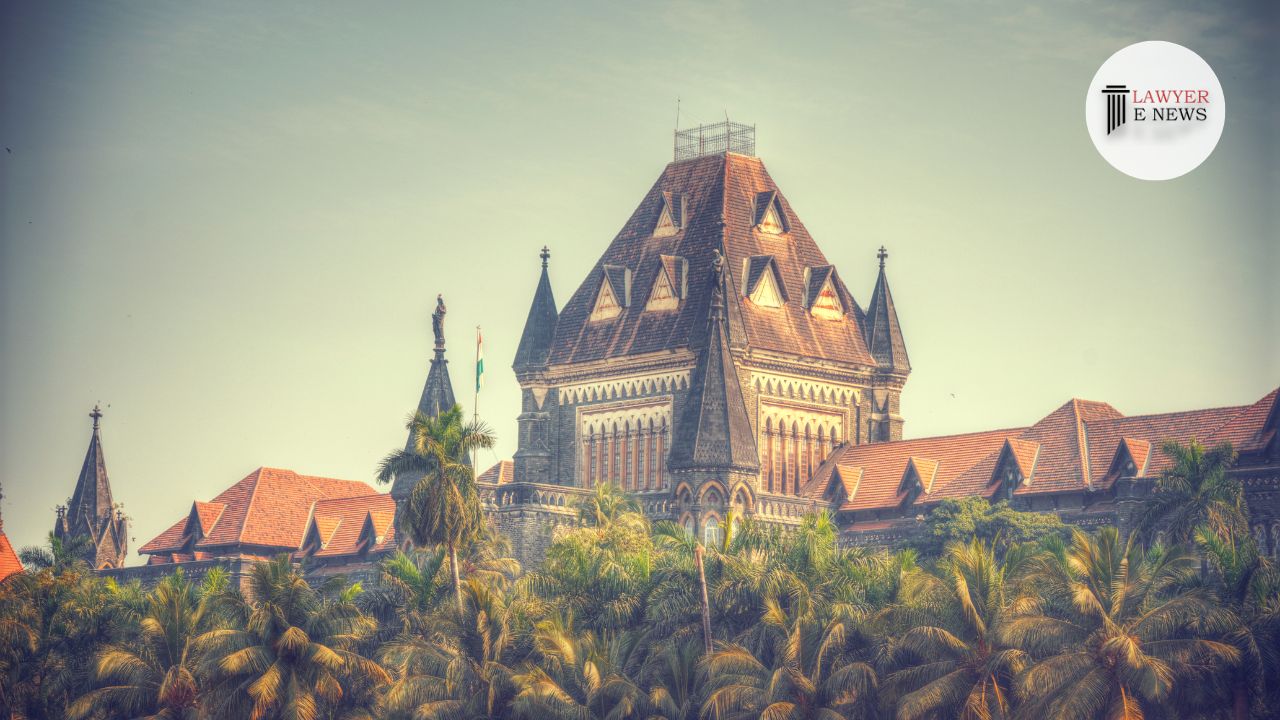-
by Admin
15 February 2026 5:01 PM



In a significant ruling on the 2nd of November, 2023, the High Court of Judicature at Bombay, Nagpur Bench, presided over by Justice Anil L. Pansare, has restored a trial court’s order that rejected an application for a handwriting expert to perform an ink age test on a disputed cheque Case u/s 138 N.I. Act. The decision reaffirms the stance that scientific methods are not infallible, especially when it comes to determining the age of ink used in documents.
The petitioner, aggrieved by a Sessions Court’s revision that had allowed the respondent’s application, found solace in the High Court’s ruling. The High Court, citing the absence of any concrete scientific test to determine the ink’s age, stated, “This being the position, there is absolutely no justification to have a futile attempt to find out the age of the ink on the instrument under question.”
Justice Pansare’s judgment highlighted the balance between an accused’s right to a fair trial and the practicality of evidence sought. “There cannot be any dispute on the aforesaid proposition of law but then where the exercise is found to be undertaken in futility, the Courts below will have to be vigilant,” he observed.
The High Court referred to several judgments that have previously underscored the lack of a scientific method for ascertaining the age of ink, including a candid explanation from the Assistant Director of the Forensic Science Department, Chennai, confirming this scientific gap.
In his conclusive remarks, Justice Pansare quashed the judgment and order passed by the Sessions Court and reinstated the order of the Judicial Magistrate First Class, Yavatmal, thus, bringing an end to a contentious legal debate regarding the admissibility of ink age testing as evidence.
The ruling has sent a clear message to the legal community about the limitations of forensic science in criminal proceedings and the need for judicial prudence in entertaining evidence applications.
Date of Decision: 02.11.2023
Dnyaneshwar Eknath VS Vinod Ramchandra
